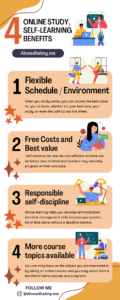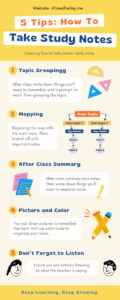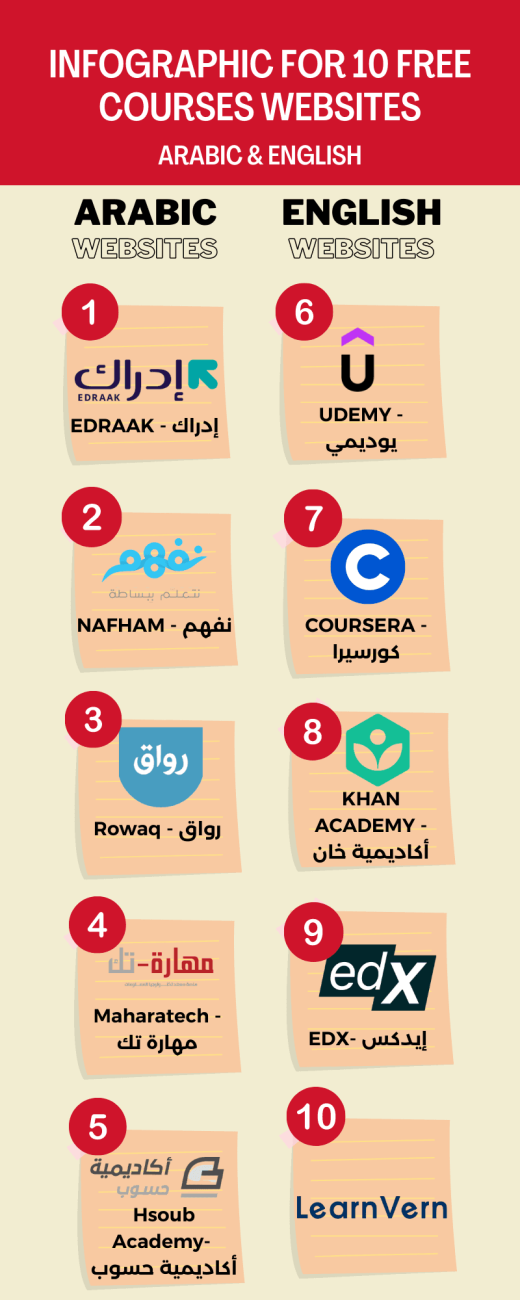
Table of Contents
ToggleIntroduction
Welcome to the world of Top Free Online Courses in 2023! Whether you’re a professional wanting to advance your career, a student looking to explore a new topic, or someone looking for an interesting hobby, there’s something here for everyone. Let me explain to you what self-learning is and what are the most important benefits and strategies, How to Getting Started with Self-Learning, and others.
What is definition and benefits of self-learning?
Self-learning, also known as independent learning, is the process of teaching and learning new skills or knowledge without relying on instruction from an outside source. This means that the learner takes ownership over their learning, typically by researching and exploring topics in depth. Self-learning provides individuals with greater control over the type and quality of their education.
The benefits of self-learning include:
- flexibility, and access to unlimited resources.
- Increased independence and self-reliance.
- Greater opportunities for individualized learning and lifelong learning.
- Self-learning can also be cost-efficient as there are no tuition fees involved and learners may naturally progress at their own pace.

Getting Started with Self-Learning
Identify Your Learning Goals
1. Identify what you want to learn: Start by thinking about the skills or knowledge you would like to learn. Consider both short-term and long-term goals and any areas you feel a need to strengthen.
2. Research areas of interest: After identifying your goals, look into topics that are related to the goal. Research can help you really understand and explore your interests more deeply, as well as help you discover new ones.
3. Evaluate how realistic goals are: Ask yourself if the goal is something achievable in a reasonable amount of time based on your current resources and abilities, or if it is something so difficult that it seems unattainable. Focus on creating SMART learning goals: specific, measurable, attainable, relevant, and timely goals that help break down complex objectives into smaller chunks.
4. Set timelines for achieving the goals: Give yourself a timeline for when you’d like to complete your learning goal in order to stay motivated and focused on the task at hand.
5. Reflect on progress made: self-reflection is crucial in order to identify areas of improvement as well as keep track of progress made towards attaining the overall goals. Additionally, stepping back after achieving learning goals can help provide clarity on lessons learned during this process along with any other applications attained throughout your journey in completing those particular objectives.
Assess Your Learning Style
1. Pay Attention to Your Preferences: Take some time to reflect on how you prefer to learn. Notice when you feel most engaged and motivated, and what environment helps you be the most productive.
2. Try Different Approaches: Once you have identified your preferred learning style, experiment with different approaches that align with it. For example, if you are a visual learner, try using more visuals such as pictures and videos in addition to text when studying.
3. Test Yourself: Testing yourself is one of the best ways to assess how well you’re understanding the material and internalizing it for later recall—and ultimately, help determine your learning style.
4. Get Feedback from Others: Talk to mentors, peers, or teachers who know your current level of knowledge and can evaluate which methods work best for helping you understand certain topics and processes better than others.
Strategies for Maximizing Your Learning Outcomes?
1. Be clear about your goals: Before beginning to learn something, it is essential to understand and be clear with yourself on why you are learning it. Set up manageable goals in order to ensure that you are focusing on topics that are relevant and important to you.
2. Take effective notes: Taking effective notes can be a great way to organize your thoughts, create a database of information, and aid in recall during test taking. Make sure your notes contain the key points and terms of what is being taught so that when the time comes for exam preparation, all the ideas and concepts associated with the topic will be easily accessible.
3. Utilize study groups: Studying with others can help you stay motivated, gain new perspectives on material, compare ideas, ask questions as needed, and also provide accountability for keeping up with your work and attending online lectures regularly.
4. Teach someone else: Teaching someone else about what you have learned is one of the best ways to reinforce your understanding of a specific topic or body of knowledge. Choosing an audience could range from teaching a peer or friend who has no understanding of the material.
5. Memory games or charts: Tests require recall of information which may require investing effort into memorizing data. To make memorization easier try creating memory games or drawing charts about what you are learning
Tips & Tricks
1. Take small, achievable steps. Dedicate some time at least 2 hours daily each day to complete a certain segment of the course.
2. Set a specific time each day to work on the course. Setting up a consistent schedule will make it easier for you to stay on top of your studies.
3. Make sure you take notes while you’re studying, either by writing them down or recording audio notes. This makes it easier to review material and remember concepts later on.
4. Break down big topics into smaller components that can be studied separately, making them less overwhelming and easier to comprehend.
5. Utilize practice quizzes and exercises to test your understanding as you go along and adjust your learning accordingly if needed.
6. Stay organized when taking the course; create folders for documentation, activities, and assignments so everything is easy to find when needed in the future.
7. Ask questions when needed, especially if the material isn’t fully understood; doing this will keep you from getting stuck or confused as you move forward with the coursework.
8. Make sure there are resources available beyond just those provided by the online course website; look online for additional information related to the subject being studied that can supplement knowledge so a deeper understanding.
10. Set achievable goals at first then build up gradually as mastery of the material increases – this will both foster motivation while providing visual progress markers that lets one know they’re advancing with their studies!
11. Work Together: Find someone (a classmate or a friend) who is also taking the course so you can both help each other

Top Free Online Courses in 2023
We present top-rated free courses for English and Arabic websites offer access to a vast library of course materials from respected universities and educational entities all around the world. With numerous options ranging from computer science to business management, and marketing. you can easily find something that sparks your interest. And if you’re just starting out and don’t know what direction to take, our free short courses provide the perfect opportunity for exploring different topics without committing long-term.
infographic for Top Free Online Courses in 2023 [Websites]

Top Free Online Courses in 2023 [Resources]
Are you looking for ways to become more knowledgeable and gain more skills without spending a lot of money? If so, Top Free Online Courses in 2023 resources can provide you with the learning material and guidance that you need. With a wide range of topics spanning from business to programming and more, free courses can help anyone interested in expanding their knowledge base.
- +185 Free Courses in Arabic from [Edraak]
- +400 Arabic Free Courses in Business
- +350 Free digital marketing Courses from Udemy
- +500 Free Courses from [Udemy]
- +2600 Free Courses from [Coursera]
- +250 Most Popular FREE Coursera Courses
- +1000 Hours of Free [LinkedIn] Learning Courses with Free Certification
- +500 Free Courses from [OpenLearn] Website
- +700 Free [Google] Certifications
- +1000 Free Digital Marketing Certificates & Badges [All]
- List of +10000 Free Certificates and Badges [All]
- +30 Free Courses for Chatgpt
ClassCentral Website
ClassCentral is the world’s largest search engine for online courses. With a library of over 9,000 massive open online courses (MOOCs) from top universities around the world, you’ll easily find and enroll in your ideal course.

The Lean Startup Methodology Cycle: 4 Steps to...

The Ultimate Guide to Email Marketing in 2023
Comments (1)
Comments are closed.

Mohamed February 17, 2023
Thanks for advice